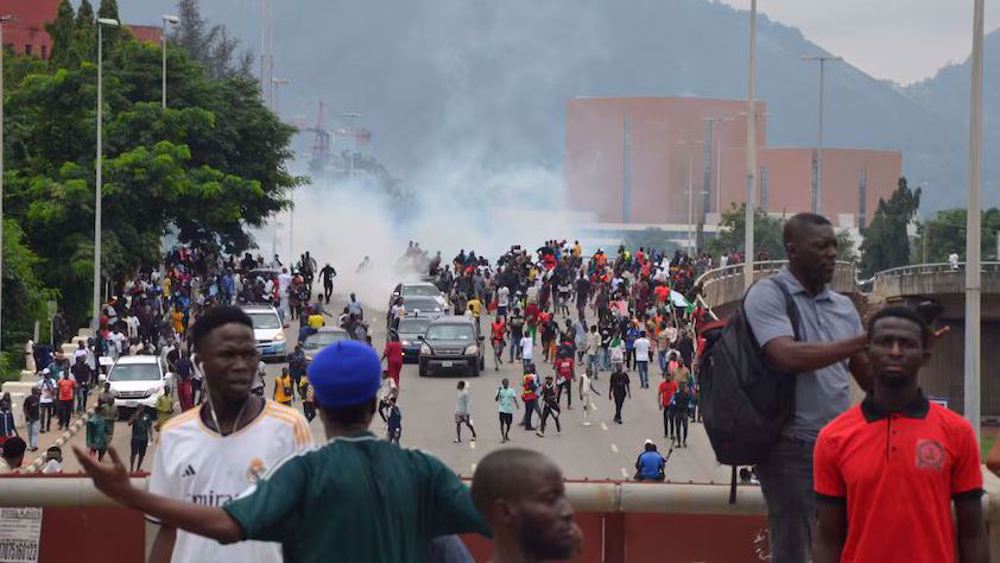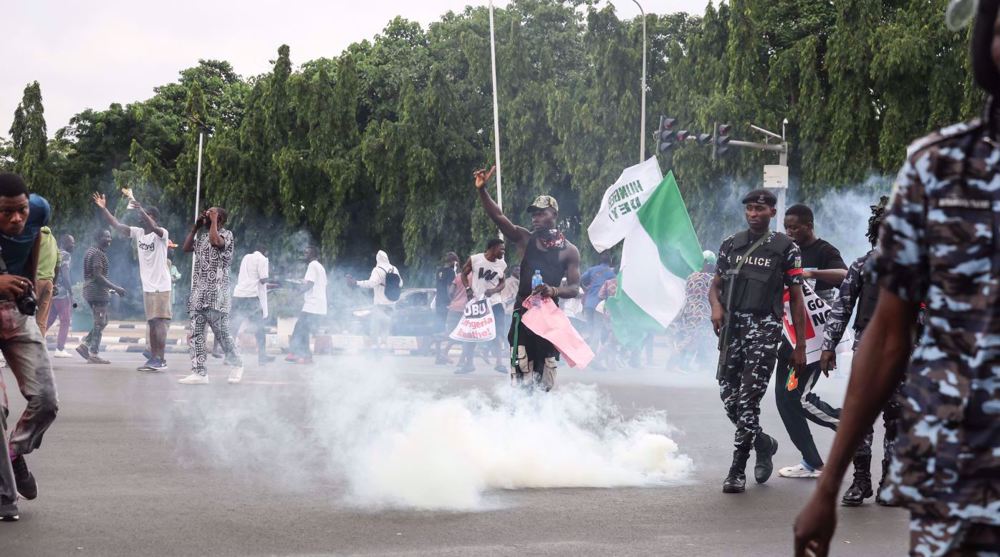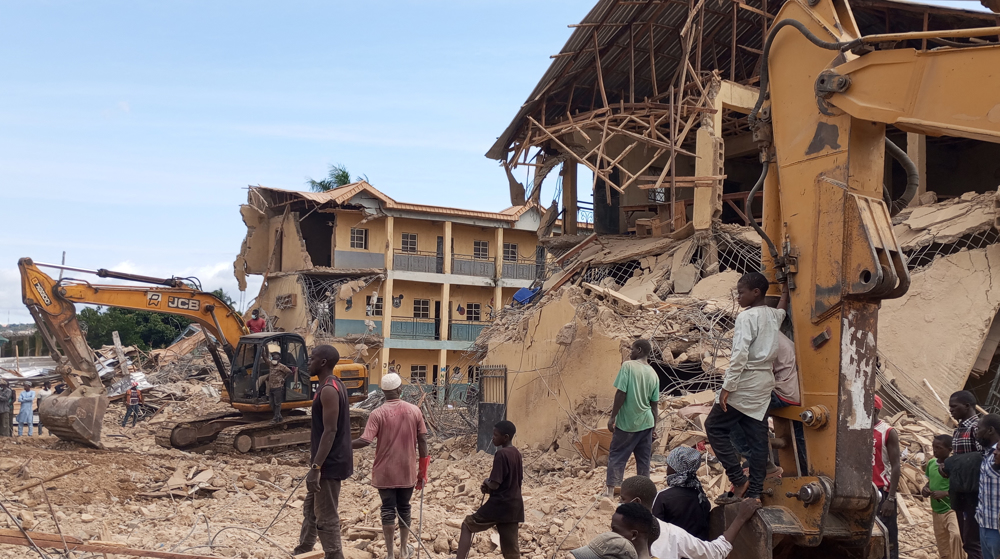Bodies of Shias killed by Nigeria army must be exhumed: Activists
Rights activists have called for the bodies of hundreds of Shia Muslims massacred by the Nigerian army last December to be exhumed for further investigation into the exact number of victims.
Residents in the northern city of Kaduna, where the carnage took place, have rejected the official death toll and said a local inquiry into the incident suggests the government figures may be a gross underestimation.
On December 12, Nigerian soldiers attacked Shia Muslims attending a ceremony at a religious center in Zaria, accusing them of blocking the convoy of the army’s chief of staff and attempting to assassinate him.
A day later, Nigerian forces raided the home of Sheikh Ibrahim al- Zakzaky, who leads the Islamic Movement of Nigeria (IMN), and arrested him after killing those attempting to protect him. Both incidents led to the deaths of hundreds of members of the religious community.
Rights groups say there is evidence Nigerian military had secretly buried hundreds of bodies in mass graves.
Meanwhile, Mohammed Mustapha and Nura Adam, two eye-witnesses, have also painted a horrific picture of the massacre.

Referring to a mass grave outside Kaduna, Mustapha said the local “government claimed they buried 347 people here but we know the actual number is far more than that.”
Mustapha also recalled how earth-moving equipment was brought into the cemetery near the Nigerian Defense Academy in the troubled region on December 14 to dig a pit for the burial.
He also noted that at about 11:00 p.m. (2200 GMT) armed forces cordoned off the narrow path leading to the burial ground shortly before trucks filled with bodies arrived.
“I counted six huge trucks and several military vans laden with dead bodies driving into the cemetery for the mass burial which residents were not allowed to witness,” said Adam.
“It took them five hours to finish the burial, which was an indication that the bodies were more than 347 because it doesn't take that long to thrown in such a number of bodies into a pit,” he added.

Adam also said the bodies should be exhumed to confirm the exact number of the dead, adding that the world would be “shocked by the true number of those buried.”
However, Abdulhakeem Mustapha, counsel to the Kaduna state commission of inquiry probing the incident, has said local public officials do not have any authority to force the central government in Abuja to take action over the massacre .
“This is an investigative committee. It doesn’t have powers to issue orders,” said Mustapha, adding, “It is going to make its recommendations to the government on what it believes are the best ways to resolve the problem based on its findings.”
Last week, Amnesty International said in a report titled “Unearthing the truth: unlawful killings and mass cover-up in Zaria,” on April 22 that that the Nigerian army killed over 350 supporters of Zakzaky and tried to meticulously destroy evidence of the crime by burying the victims in mass graves.
The report also blames Nigerian President Muhammadu Buhari’s administration for failing to probe army crimes against civilians.
Despite Buhari’s pledge to investigate the war crimes, “to date no concrete steps have been taken to end endemic impunity for such crimes,” it pointed out.
Human Rights Watch (HRW) has also slammed the carnage and said Nigerian forces committed several instances of bloodshed against the country’s Shia community in mid-December 2015.
The Nigerian army had also targeted Shias in August 2014 as people were holding a demonstration to condemn Israeli attacks on the Palestinians.
Israel admits assassinating Hamas leader, vows to inflict same fate on Yemeni fighters, people
VIDEO | Yemeni forces repel US-British attack, down F-18 Jet
Iran’s capabilities vast; enemy’s ‘maximum pressure’ policies all failed miserably: Senior official
Iran’s economy grew 2.7% y/y in Sep quarter: CBI
VIDEO | Freelancers in Gaza strive to stay online amid genocide
Mikati demands Israel's withdrawal from south Lebanon
Yemeni army strikes Israeli military sites with drones
‘Clock ticking’: UNRWA slams unjustifiable killing of children in Gaza














 This makes it easy to access the Press TV website
This makes it easy to access the Press TV website